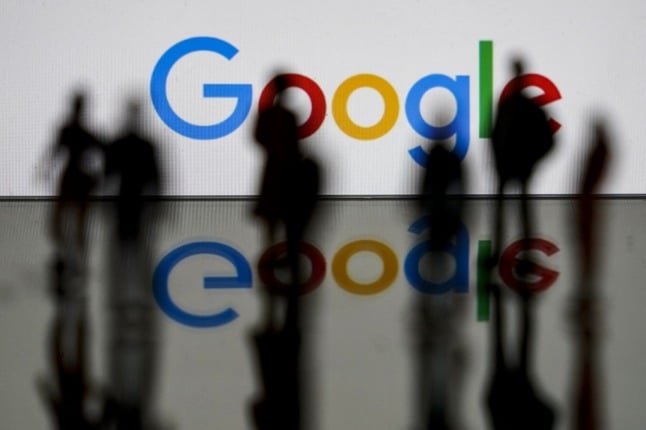With 42 percent of the country’s 12- to 19-year-olds reading a book daily or several times a week, there has been little change in the pastime’s popularity, a JIM young people’s media usage study from the Association for Children’s and Youth Literature (AKJ) revealed.
Yet their tastes are changing and they are more often choosing books aimed at adults, meaning fiction targeted specifically at children or young adults is falling out of favour.
In 2012, youth fiction made up 15.6 percent of total book sales in Germany – putting the genre in second place behind frontrunner general fiction, the German Publishers and Booksellers Association said.
A clear trend for books with no clear target age range had emerged over recent years, Renate Reichstein from the AKJ said.
Examples would be series like Twilight, or The Hunger Games which are more ambiguous in their target audience.
Real, physical books were, in general, facing ever-tougher competition from new media such as online newspapers, apps and e-books, said Jörg Maas, chairman of the pro-reading Lesen foundation. He did admit though, that modern technology was helping motivate young people to read more.
He denied critics’ claims that e-readers were replacing children’s books, as the JIM study showed just two percent of German children regularly used the devices.
Leipzig book fair is one of the largest of is kind in Germany. It opened its doors on Thursday 14th and in the first day and a half had more than 64,000 visitors.
DAPD/The Local/jcw



 Please whitelist us to continue reading.
Please whitelist us to continue reading.
Member comments